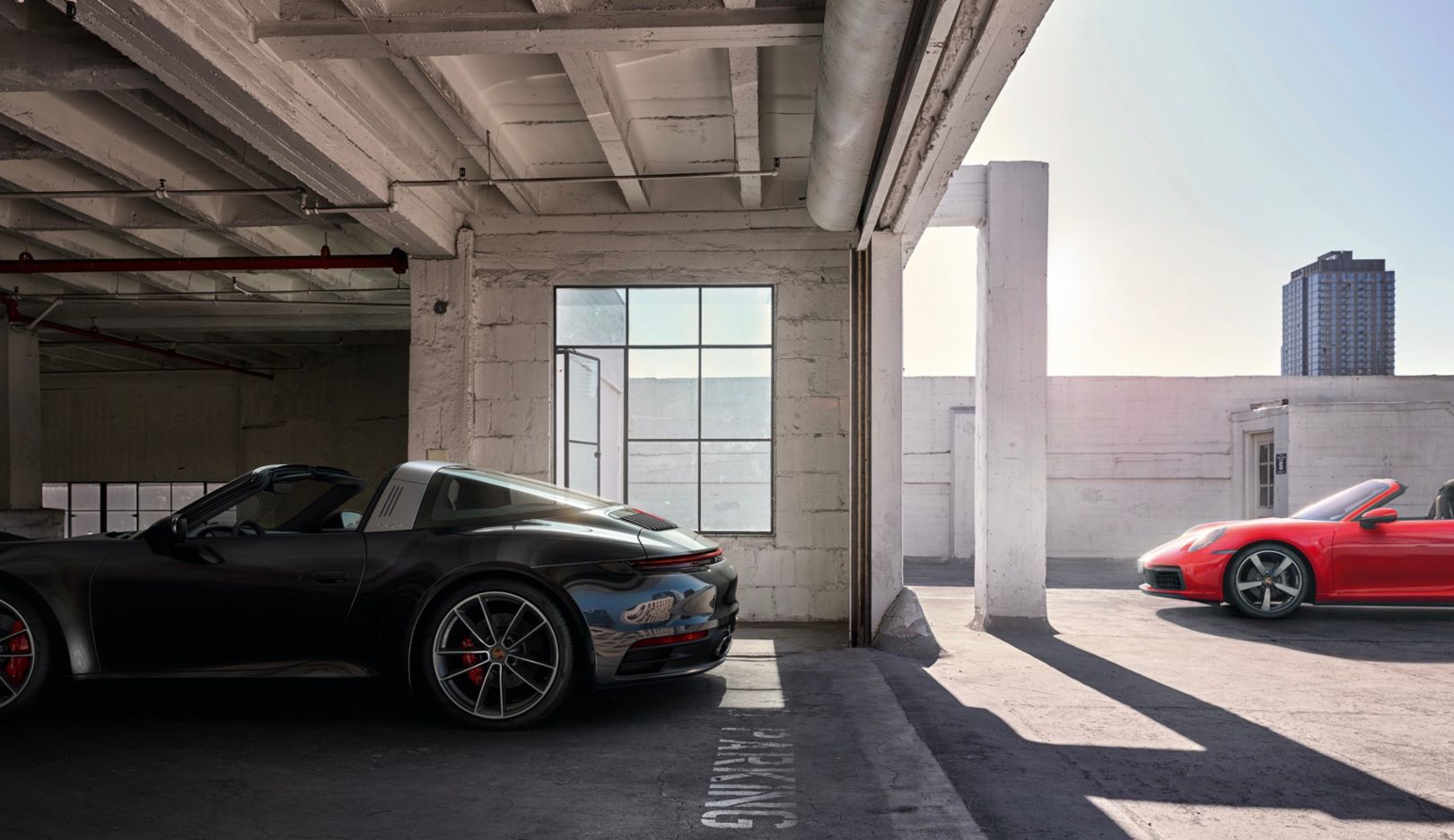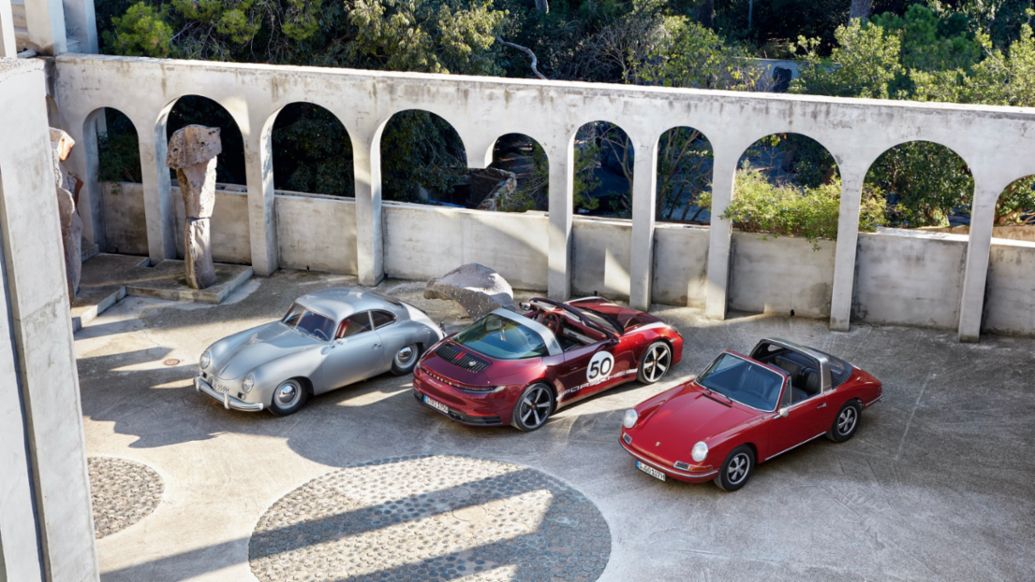Porsche researches synthetic fuels...
Although synthetic fuels are considered a realistic alternative to make car traffic more climate-friendly, availability is poor. Porsche wants to change this. “With electricity alone, you can't move forward fast enough,” says Michael Steiner, who is in charge of R&D at Porsche.
(2 September 2020)

Although synthetic fuels are considered a realistic alternative to make car traffic more climate-friendly, availability is poor. Porsche wants to change this. “With electricity alone, you can't move forward fast enough,” says Michael Steiner, who is in charge of R&D at Porsche.
In the future, Porsche wants to significantly and independently drive forward the development of synthetic fuels, known as eFuels. “This technology is particularly important because the combustion engine will continue to dominate the automotive world for many years to come,” says Michael Steiner, Member of the Executive Board, Research and Development. "If you want to operate the existing fleet in a sustainable manner, eFuels are a fundamental component."
"We have a team that is looking for suitable partners who want to build pilot plants with us and prove that the entire process chain works and can be industrialised," says Steiner. “Porsche wants to help shape this chain, but at the same time, doesn't want to define it down to the smallest detail alone.”

Michael Steiner underlined the importance of eFuels during the "Porsche Tech Talk".
eFuels are produced from CO2 and hydrogen using renewable energy. In terms of their basic properties, they are no different from kerosene, diesel or petrol processed from crude oil. However, they can ideally be a climate-neutral fuel.
With the Taycan, Porsche already has a purely electrically powered model in its range, and many model ranges now have hybrid options available. But this is not enough ... "Electric mobility is an exciting and convincing technology but, taken on its own, it is taking us towards our sustainability targets at a slower pace than we would like," explains Steiner. "That's why we are also committing to eFuels – and not ignoring possible applications in motor sports either.”
Demand for eFuels despite increasing electrification
Although Porsche plans for half of all its vehicles sold to be electric by 2025, the existing fleet is large. "Our cars are driven for a very, very long time," emphasises Steiner. “And, while our hybrid vehicles are powered electrically for short distances, they rely on their combustion engines over longer distances.”
Porsche is not thinking of taking the pure combustion engine out of the product range and focusing solely on hybrids and electric cars. "We are convinced that these three drive technologies will survive on the market in the medium term," affirms Steiner. Fuel cells, on the other hand, are not currently in the sports car manufacturer’s future plans.

In the future, both current and historical models of the existing fleet should be able to benefit from eFuels.
Steiner would like to be able to influence the specifications of a new synthetic fuel: "We absolutely want to help with this process so that the fuel is suitable for high-performance engines.” Problems like those encountered with the introduction of E10 should not be repeated. "When E10 came onto the market, the blend had some disadvantages. It must be different this time: it must have advantages."
Steiner admits that it is far more efficient to simply charge an electric car with regenerative energy directly on the spot than to use it to produce a synthetic fuel in an elaborate process. However, he does not want to accept this argument forever either. "If humanity succeeds in using the regenerative energy that is available in surplus worldwide, we can prioritise sustainability over efficiency.”
For CO2 fleet emissions, however, the use of eFuels would not currently help. "For us, it would actually not be creditable here and now in the vehicle fleet," says Steiner. "But there are countries like Switzerland that are moving in this direction.” Steiner believes it would be wrong to wait for new legal requirements to be introduced. "If we all always wait until all the regulatory issues have been dealt with and only then start to develop, it will be too late".
Link: https://newsroom.porsche.com/en/2020/company/porsche-research-synthetic-fuels-efuels-development-22026.html


